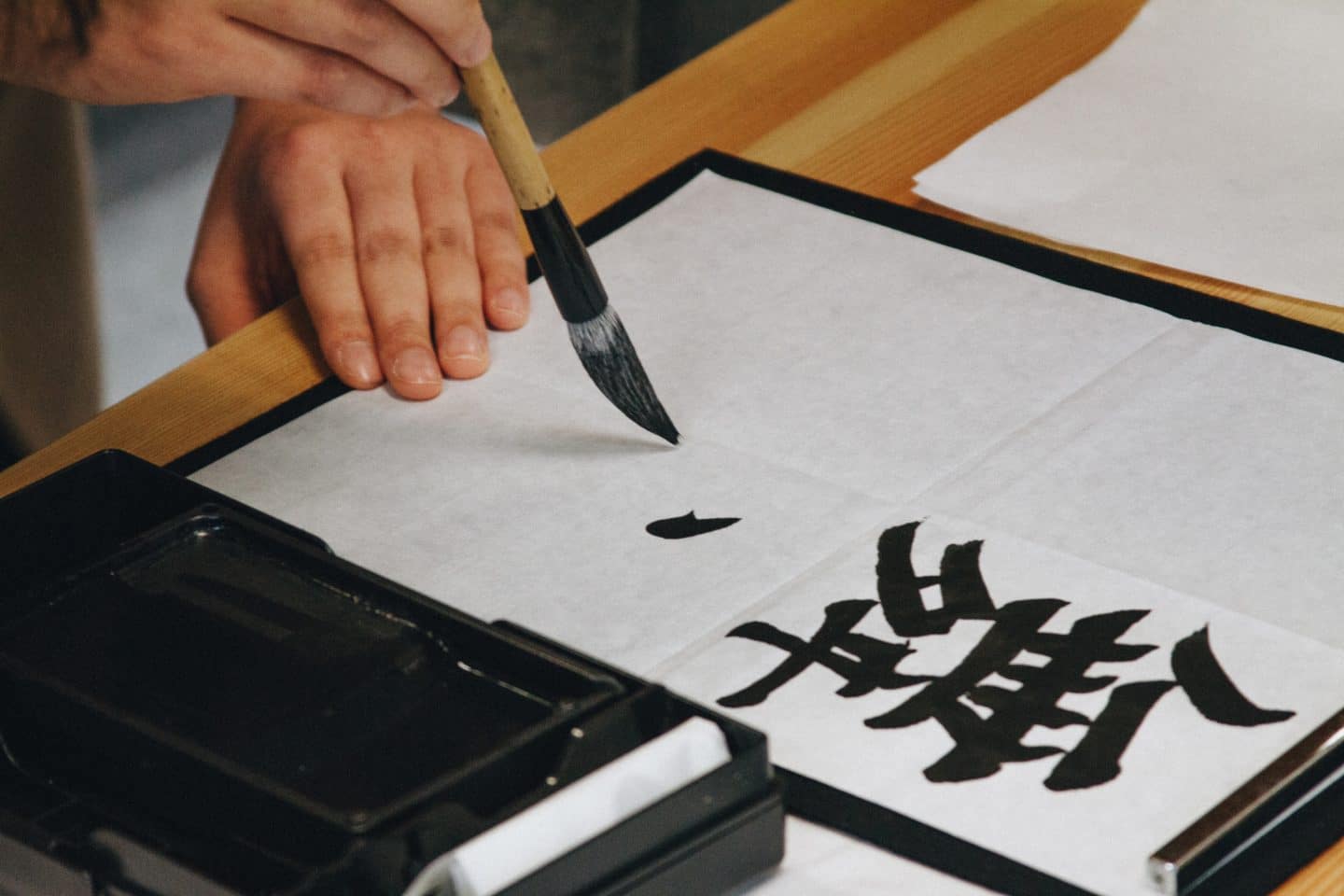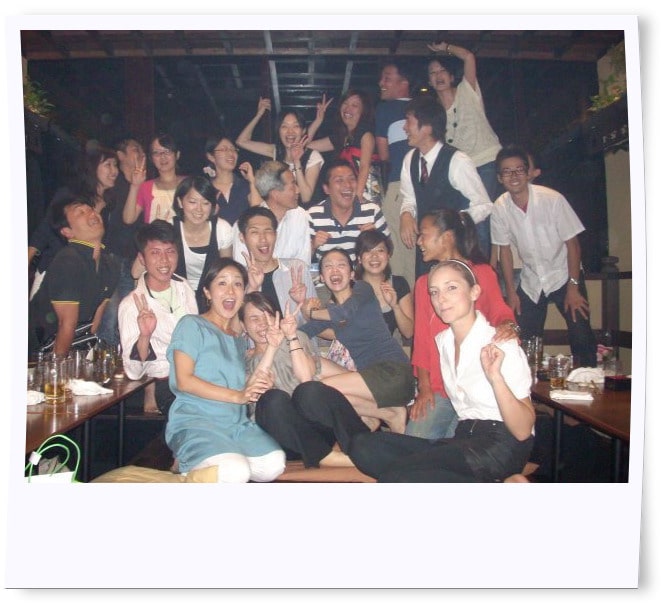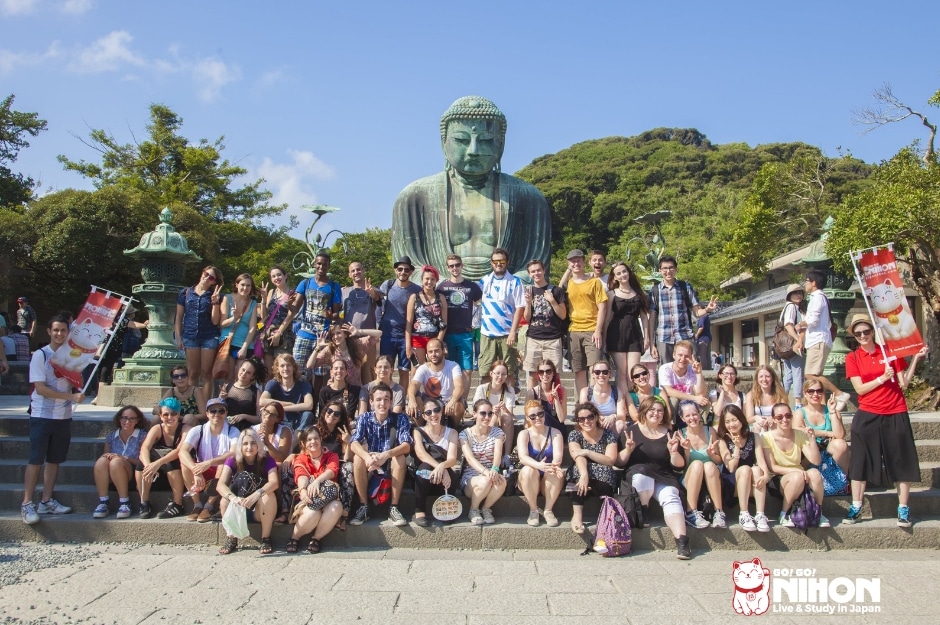
As you all know, I was an exchange student in Japan and then attended Japanese language school in my early 20s. (If you didn’t know that, you may want to take a read of my ‘About Me’ section here.

I have had a lot of questions re: studying in Japan recently, and I wanted to send these questions to the people who know what is going on in Japanese language studies at the moment.
Although I always enjoyed studying Japanese in Australia, but NOTHING compares to actually learning IN Japan. You can test it out right away!!!!
Full time study in Japan is the fastest way to learn practical Japanese for the workplace and in order to have real conversations.
Thank you so so much for all of this information ,Go Go Nihon! (These are the people who really know what all the best options are right now and can help with all of your study-abroad related questions.)
HERE ARE ALL THE TIPS & TRICKS FROM GO! GO! NIHON!
So, you’ve decided you want to study abroad and you want to do it in Japan – cool! But now what? Your time in Japan as a student is likely to be one of the most life-changing experiences of your life. Like with any overseas experience though, there are a number of things you need to prepare for, be aware of and decide on before booking that plane ticket.
CHOOSING THE RIGHT STUDY OPTION
There are a couple of study options to consider for international students wanting to come to Japan long-term, depending on what the end goal is. If you want to eventually live and work long-term in Japan and you don’t know the language, it’s best to enroll in a Japanese language school and study Japanese properly. Most professional jobs in Japan require a high level of Japanese and if you want to go on to study at a vocational college or university, you will likely need decent Japanese as well.
If you already know Japanese, are 18 years or older and you have completed 12 years of school education in your home country, then you can apply to study at a Japanese university. Many universities require applicants to sit the Examination for Japanese University Admission (EJU) to determine whether students have the language skills and basic academic abilities required.
The EJU exams are held twice a year in Japan and other countries, but some institutes require applicants to sit the exam at a certain time, so it is always best to check with the individual institutes first.
Some universities teach some degree courses in English, so again, it is best to check with the individual institutes.
In considering your study options, you will also need to think about where you want to live. Tokyo is an obvious choice for many, but places like Kyoto, Fukuoka or Sapporo have their own appeal for those who are looking to study somewhere different.
There is a huge range of Japanese language schools and education institutions that vary in intensity and quality. To make it easier to choose, Go! Go! Nihon is an agency that partners with schools all over Japan and can help you pick a school best suited to your goals and needs, assist with the application process and help you settle into your new life in Japan.
THE APPLICATION PROCESS
Once you have chosen your school, you will start the process of applying for the school and your student visa. There is a lot of paperwork – you will need to provide documents such as a copy of your passport, the diploma or certificate of the last education institute you attended, bank statement and documents proving financial viability.
Once the school approves your application, it is then submitted to Japanese immigration for your visa application. All of this takes place about 6 months before your intended entry into Japan, so it is a long process (but totally worth it!). Once your application is approved, immigration will issue a Certificate of Eligibility, which will be sent to you to take to your local Japanese embassy, where it will be exchanged for your visa.
GETTING A ROOF OVER YOUR HEAD
Having a roof over one’s head is a basic human necessity, so it’s imperative to figure out what sort of accommodation you want in Japan. While Japan is largely quite affordable, accommodation – especially in Tokyo – can take up a significant portion of your budget.
One of the most popular options for students is to live in a share house, where you get your own room but share common spaces like the kitchen and living room with others. The initial costs tend to be lower than if you were to rent an apartment since generally, you have some furniture in your room already, plus you don’t have to buy things like utensils and appliances because all of that will already be available. It’s also an easy way to meet people as a newcomer to the country.
Similarly, some universities and schools offer dormitories for students, which can help you save money and you will be living close to where you are studying amongst a mix of local and international students.
On the other hand, if you really value your privacy and would prefer more personal space, then renting an apartment might be the way to go if you can afford it. Just be aware though, that Japanese apartment sizes can be quite small for the price you pay, especially if you want to live in the heart of a city like Tokyo.
Another option is living with a host family. This can be one of the most rewarding experiences in terms of immersing yourself into Japanese culture and it’s a great opportunity to boost your language skills.
AFTER ARRIVING IN JAPAN
You’ve just arrived in Japan, luggage in tow and official documentation in hand, ready to start your new life in a new country. There are a few more things you need to get in order upon your arrival in Japan:
Residence card: you will get this when you go through customs at the airport. It’s one of the single-most important things you will possess in Japan so do not lose it!!
Registering your residence at your city ward office: you must do this within 2 weeks of finding somewhere permanent to live in Japan. City ward offices can be a little bleak, but they are actually a great place to practice your Japanese since there is often little English (or any language other than Japanese) around. Don’t forget to take your residence card.
Register for health insurance: everyone who stays in Japan long-term must register for health insurance, whether that’s the National Health Insurance programme or company health insurance, if you’re here on a work visa. You normally do this when you register your address and there is usually a separate health insurance department you need to go to at your ward office.
LIVING YOUR BEST STUDENT LIFE IN JAPAN


Like student life anywhere else in the world, you’re probably conscious about balancing everything you want to experience with how much money you have.
One of the best ways to save money is to not only prepare meals at home, but to shop at supermarkets closer to closing time, when many items like fruit, vegetables and pre-prepared meals get discounted.
Eating out is fairly affordable in Japan in general, but there are chain restaurants and izakayas all over the place that offer food and drinks that are extremely wallet-friendly. Some well-known brands include Yoshinoya, Matsuya, Tenya, Torikizoku, but walk around and you will find plenty of cheap places selling all sorts of Japanese cuisine.
Head to 100 Yen stores or Daiso for cheap variety goods – everything from sponges and tea towels, to stationery and storage containers.
If you’re commuting a lot using the train, make sure to get a commuter pass, which will cover unlimited travel between two stations on a specific train line. Want to travel inter-city? The shinkansen is convenient, but also quite expensive. Check out buses, especially night buses, and even flights for cheaper options!
Oftentimes it’s the people who make an experience memorable and it is the people you will remember the most when, or if, you leave Japan. Make the most of school events, check Facebook for local student-focused parties and look on Meetup.com to see if there are any events in your area. You may have a roof over your head, but that doesn’t mean you should stay under it all the time!
ABOUT GO! GO! NIHON

Being an international student in Japan is guaranteed to be an unforgettable experience and all the preparation you need to do before coming over is definitely worth it. You don’t have to struggle through it alone though – Go! Go! Nihon is a free service available in seven languages that helps those who want to study in Japan choose and apply for the right school, find accommodation and to settle into a new life abroad.
There are several articles on Go! Go! Nihon’s blog relating to life in Japan, including navigating the job hunting process, language tips and things to do in Japan.
If you have any questions about living and studying in Japan, contact the Go! Go! Nihon team on their website: www.gogonihon.com



